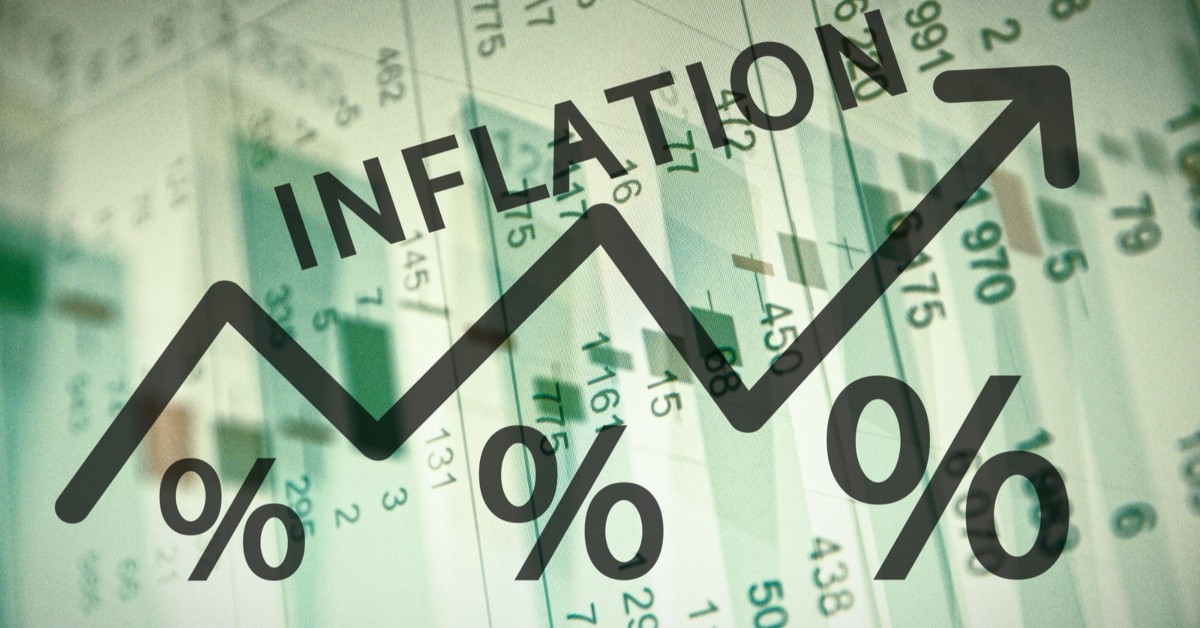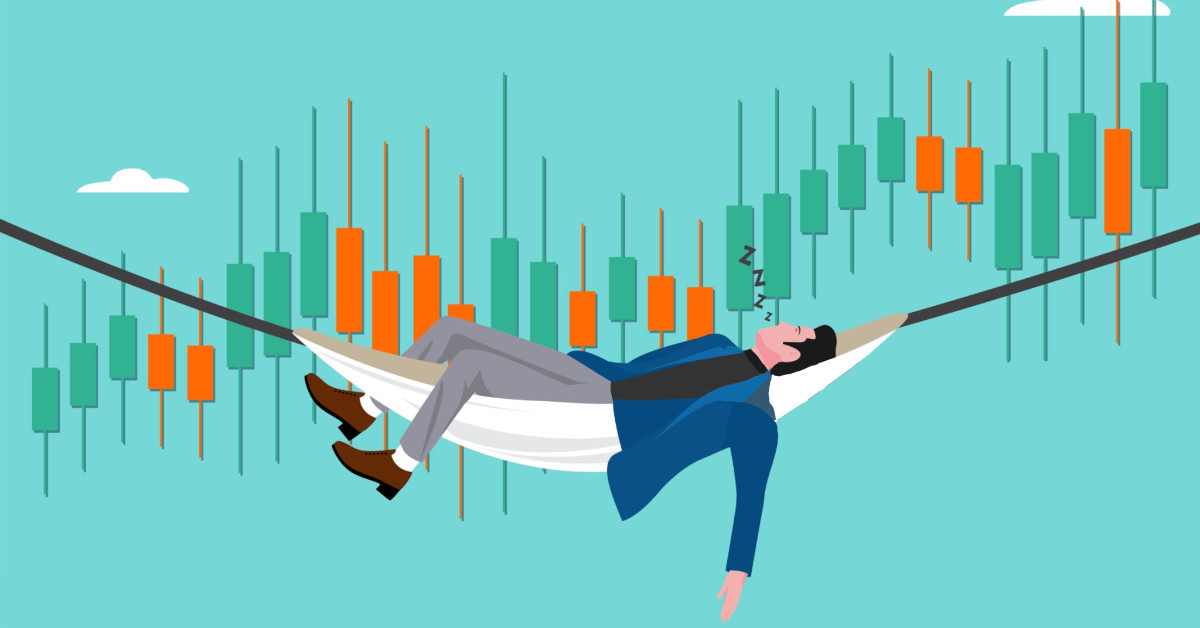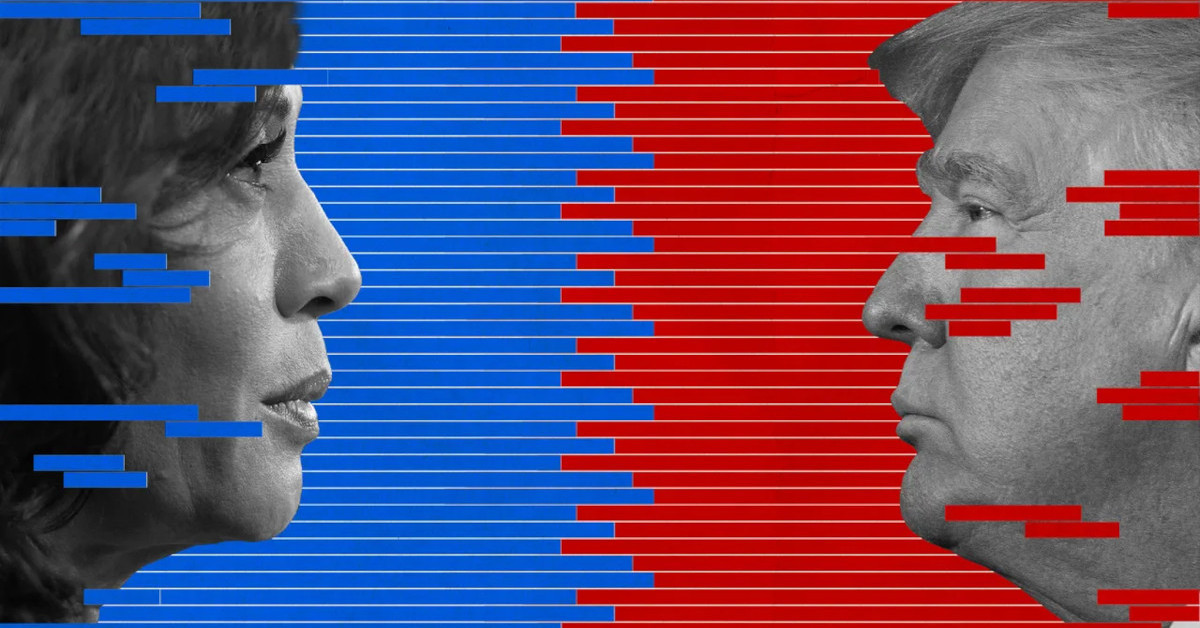Threatening inflation hurting the stocks.
After China, the higher-than-expected inflation in teh United States scared the markets and sent them to a multi-week low. Asian Stocks fell to 7 weeks low and American mostly at five weeks low. Higher inflation defiantly negative for Stocks because it would push the central banks to ease theirs stimulates and lead them towards tight policies. Especially in the US, where raising the US ten-year Treasury Yields to 1.68%, the Federal reserve probably needs to change the policies much earlier than expected. Published numbers confirm that FED was mistaken in its projection that higher inflation will be for the short-live.
"The more nominal GDP gains are dominated by higher inflation, especially wage inflation, the more the possible squeeze on profit margins. It plays to a more choppy, less bullish equity bias," said Deutsche Bank (DE: DBKGn) macro strategist Alan Ruskin.
Last night Dow 30 closed 2% lower, SP500 lost 2.14%, and Nasdaq was as low as 2.67% at the closing time. US futures today in early trades were trying to regain some part of yesterday's loss. In Asia, today, Nikkie closed 2.42% lower. Hang Seng and Shangai also were lower, respectively 1.32% and 1.04%. For Europe, yesterday was not that bad day, as inflation is not the issue there. At the same time, UK positive GDP numbers, besides better than expected Industrial and manufacturing production, also help the market's positive sentiment.
Let's take a closer look at what we had in inflation data. The jump in the inflation number was caused mainly by Airline tickets, used car prices, and lodging costs. And it means that probably markets will recover their losses, at least most parts of them, and they will think twice whether it was the proper reaction or not fell that sharply. Especially when we saw that officials from FED played that down by saying that the impact of one month's numbers is not what can decide base on that, with vice-chair Richard Clarida saying stimulus would still be needed for "some time."
"It likely would take a very strong May jobs report, with sizable upward revisions to March and especially April, to get the Fed to start a discussion about tapering at its June meeting," "We continue to expect the Fed to begin scaling back its pace of asset purchases early next year," said JPMorgan (NYSE: JPM) economist Michael S. Hanson.
The US dollar index lower to 109.68 earlier today from a multi-week high. Technically OBV trend line is lowering, and RSI is falling under 60 from the OB area, all signaling about the correction before any new decision. The following targets will sit on 90.50, 90.36, and 90.15. On the flip side, crossing over 91.00 as the first resistance can hold the current uptrend.


















